Who is covered by the rule?
What to expect during an FSVP Inspection
When you receive an email from the FDA regarding your import, they will include several documents.
- Request for FSVP Records (Form 482d) - This form will indicate if records are to be inspected in person or electronically.
- Import records for specific supplier/commodity to be audited
A mistake that most importer make is they send the import record to the FDA. The FDA already has copies of your import records, they were referenced in the initial email to you. We also heard from several companies whose initial response to the email was to contact the auditor to understand what documentation was needed by them. The FDA auditor will not provide you with specific paperwork and control of hazard requirements. It is your responsibility since imported commodities may have different hazards associated with the geographic region including, water quality, manufacturing plant design, manufacturing processes, personal health and hygiene, growing practices, pesticide usage, additives and colorings, etc.
What the FDA is looking for is records that support your FSVP, such as:
- FSVP Standard Operating Procedure (SOP) Step-by-step instructions to carry out routine and consistent verification of supplier’s operations and management of risks associated with the food. The goal of the SOP is to achieve efficiency, quality output and uniformity of performance, while reducing miscommunication and failure to comply with industry regulations. The SOP should include supplier approval/denial standards and recordkeeping requirements and may include workflows and diagrams.
- Hazard Analysis and Risk-Based Preventive Controls Plan for the commodity of import The process of collecting and interpreting information on hazards and conditions leading to their presence to decide which are significant for food safety and should be addressed in the HARPC plan.
- Evaluation documentation Evidence supporting the evaluation of the food hazards and practices in place to ensure the food is safe and produced under US, or equivalent, standards.
- Qualifications of person performing the evaluations The FDA requires a “Qualified Individual” to evaluate, review and approve or deny the supplier. Per the FDA “A preventive controls qualified individual is someone who has successfully completed certain training in the development and application of risk-based preventive controls or is otherwise qualified through job experience to develop and apply a food safety system.” Follow the link above to read more about the training.
FDA issuance of warning letters
If the FDA deems that you have not complied with the regulation, they have the ability to issue a warning letter, below is an excerpt from a letter issued by the FDA to a company who imported a sauce which resulted in illness from Salmonella contamination: “You should take prompt action to correct the above violations. If you do not promptly correct them, we may take further action. For instance, we may take action under section 801(a)(3) of the FD&C Act (21 U.S.C. 381(a)(3)) to refuse admission of food that you import. Our inspection revealed that you were not familiar with FSVP requirements, and without evidence of corrective action we may conclude that you appear to be in violation of FSVP requirements for all food that you import. If you do not promptly correct the above violations, we may place food that you import on Detention Without Physical Examination (DWPE) when you import the products.” The FDA is the entity ultimately responsible for the compliance with food safety regulations in the US, but they are not everywhere, all the time. As importers and producers of food, it is our responsibility to keep our consumers safe and maintain confidence in our brand and our industry. Let’s work together to ensure the safety of our foreign supplied products so we all succeed. If you or your company need assistance with any of the programs discussed in this article, Global Food Safety Consultants, your food safety partner can help. Global Food Safety Consultants is a group of expert food safety advisors with experience in all sectors of the food supply-chain. We are seasoned professionals that have helped hundreds of companies achieve food safety success. GFSC can help you achieve your food safety objectives. Book a free consultation to see how GFSC can help you or feel free to call Danny (559)737-2094 or Lisa (909)437-5600. You can also reach us by email: Danny or Lisa @GlobalFoodSafetyConsultants.com.


